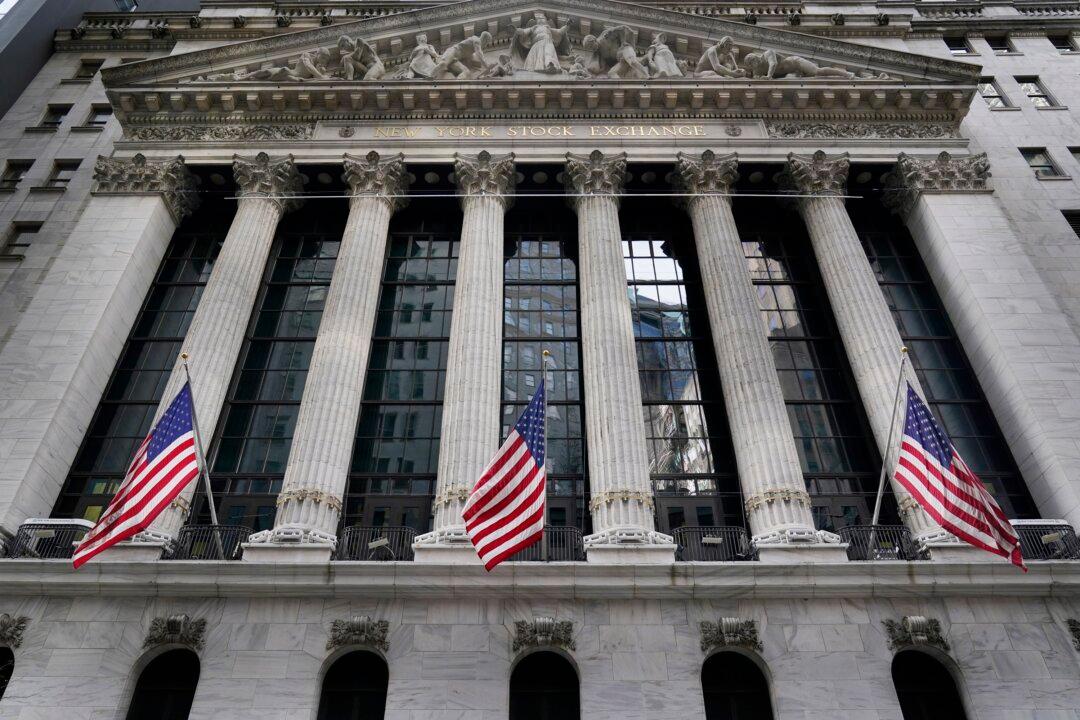Stocks shook off an early slide and closed higher Tuesday as Wall Street welcomed more modest moves in the bond market after a recent surge in Treasury yields weighed on the market.
The S&P 500 rose 0.9 percent after having been down 0.7 percent in the early going. The selling eased by afternoon, with technology stocks reversing course and turning higher. The benchmark index was coming off five straight losses and hadn’t had a winning day since the first trading day of the year, when it set an all-time high.





